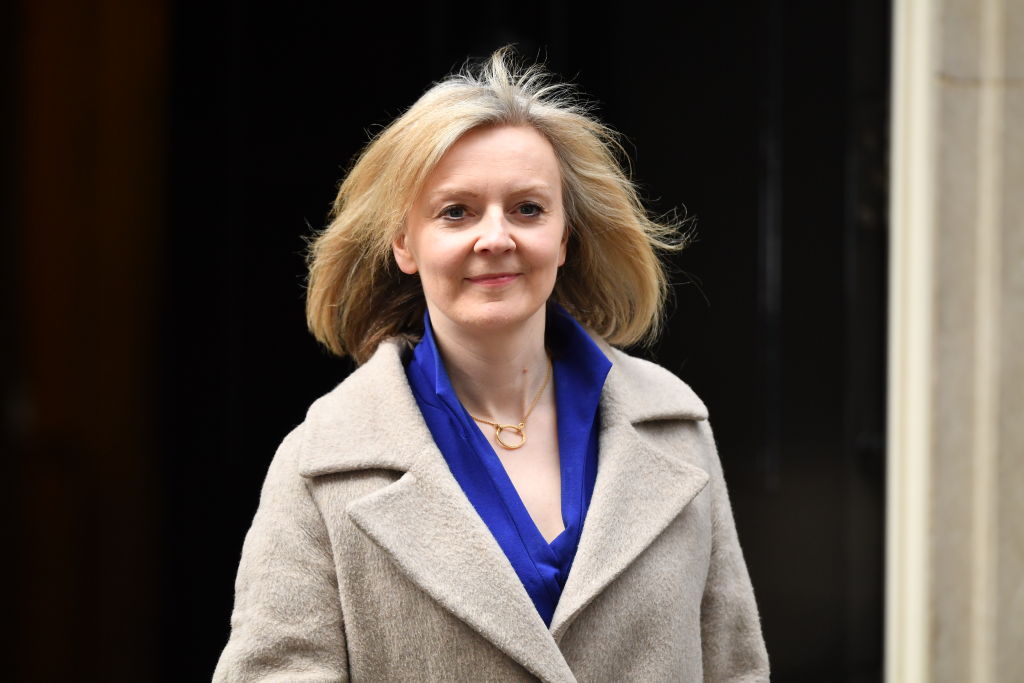What does Britain stand for post-Brexit? What is our role in the world? Mr Steerpike often wonders: it’s not as if Johnson’s administration has always been entirely forthcoming. For all the talk about opening up to the world, being a proud beacon of economic liberalism, the government has been opaque as to what that means.
Today Liz Truss will try to provide some clarity. Britain, she says, will push the World Trade Organisation to reform its ways. In a speech to the Organisation’s General Council — the first a British minister has made since Britain left the European Union and became a WTO member in its own right — she will urge the WTO to become a global force for free and fair trade
Truss, who last week met US Trade Representative Robert Lighthizer in London to discuss the incoming US-UK trade deal, will criticise ‘industrial subsidies, state-owned enterprises and forced technology transfer’. She will call on the WTO to stamp out such practices. She will also rebuke the rise in protectionist measures across the world, seek a fairer deal for developing nations and call for the WTO to work for all countries, big and small. This will include an appeal for developing countries to have more say in shaping the conditions of global trade.
She will tell the Organisation’s General Council meeting of 164 Ambassadors from around the world that it is critical for nations to work together to reform the WTO so that it is modernised and forward looking.
‘Britain is back.’ the Trade Secretary will say, using the speech to position the UK as a world leader in setting standards in areas such as services and digital, and ensuring the WTO takes advantage of the digital revolution powering the global economy.
‘The UK will, like every other sovereign country, assert its ability to set its own laws and regulations in line with our WTO commitments, reflecting our own circumstances and ideas, while working tirelessly alongside other WTO Members to drive reform,’ she will say.
‘The more we allow people to shape their own lives, remove barriers to enterprise within and between nations, and allow human ingenuity to flourish, the more rewards we will all reap. So, we will work with all nations that share this multilateral vision, to lead the defence of free, fair, rules-based international trade, pioneering a route to prosperity that lies through working together, not protectionism.
I am proud of the UK that explores the new frontiers of the 21st century global economy, pushing for that same liberalisation in trade in services, helping to turn around recent protectionist trends and to help deliver the benefits of the global digital revolution for all members, large or small.’
Fine words. But Mr Steerpike asks — will Truss’s own government listen, let alone the rest of the world?







Comments